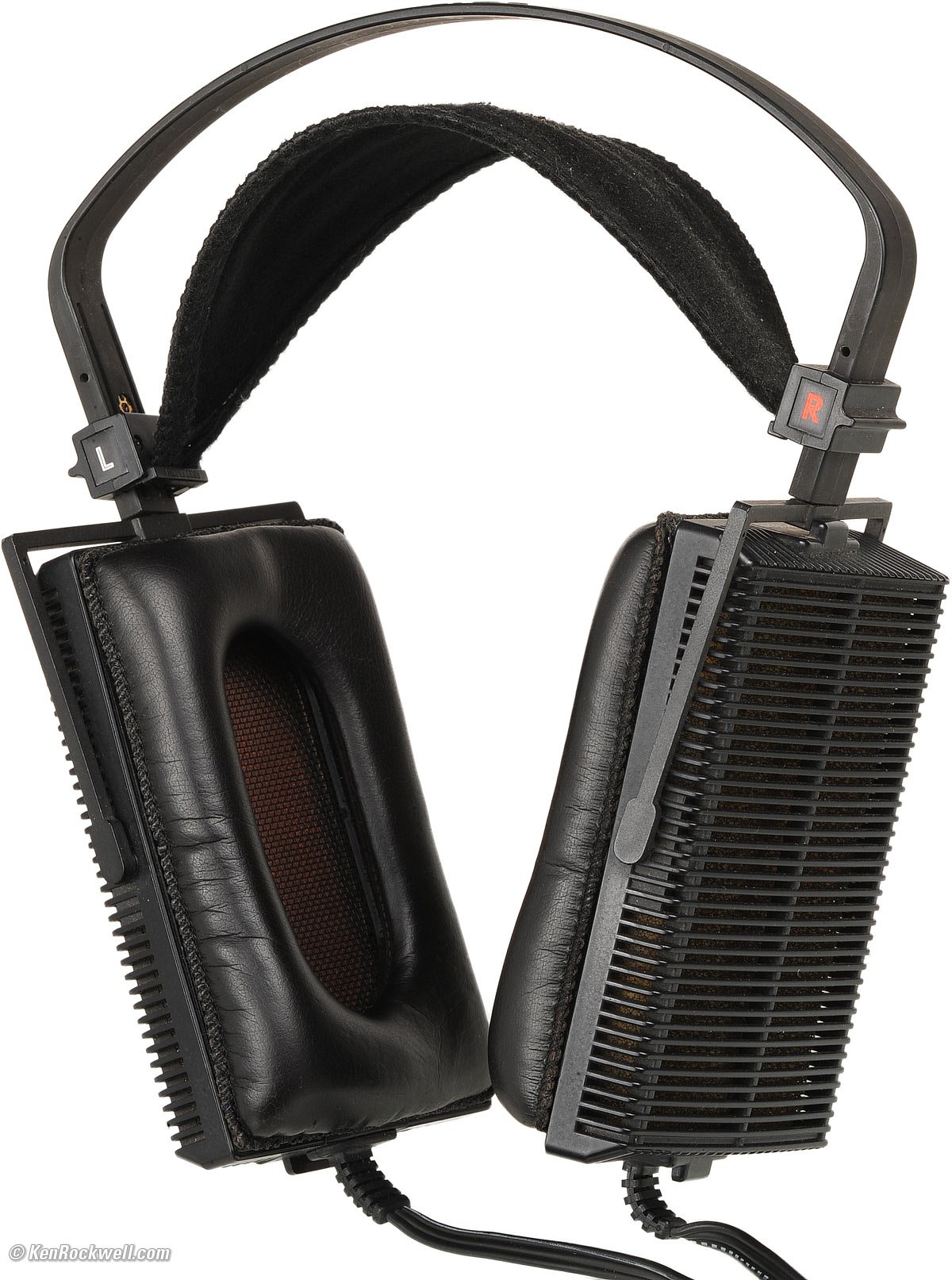In a nutshell, money is just a middle man used to handle transactions. Back
in ancient times, when the only commodities were (for the sake of this
example), food, building work and sex, the three could easily be exchanged as
they were all immediately useful, for instance 'I need food, and that farmer
needs his roof repairing'. However in today's world if you want IT advice but
the only skill you posses is knowing how to maintain roads then you're stuffed.
Money acts as a simple comparison tool. Used to make work an abstract concept
that can be easily exchanged, so all the money you possess is just easily
portable usefulness.
 |
| When this conversation can't happen, money steps in to save the day. |
Money is like a big machine where you put your skills in at
one end (eg. road maintenance), they get transformed into money that is then
useful to the IT consultant who will then help you. Thus money has allowed
someone trade with someone else who he couldn't possibly have repaid without
money.
 |
| Because real money doesn't have a picture of Buzz Lightyear on it. |
If you look at it in another light, shop gift cards are a
step back in evolution as they are just worse versions of money. Like someone
took the machine in the previous example and made it only work with DIY shops.
Money in itself is useless, but if it had a use other than
as money then it would become less useful, as it would no longer be just a
measuring device for the value of things, but would then be useful and its own
perceived value would then have to be factored into the deal. It's like using
penknives as currency, it would work fine if used by people who all valued it
the same, but because some people value penknives highly while others do not
value it at all, they don't have that universal agreement of what services or
products are worth relative to them. Someone who loved penknives might value
his pair of headphones at half a penknife, whereas someone who couldn't care
less for penknives might value the same headphones at 5 penknives. With money
however, both parties can agree that the headphones are worth £20 as bits of
paper and metal are worth virtually nothing on their own.
 |
| These headphones are worth a lot more than £20 |
But of course, how do we make sure that people don't just
print lots of worthless paper rectangles and go off buying everything? This is
where gold (or some other finite resource) comes in. If we say that gold is
worth a certain amount, and that no matter how many bits of paper and metal get
made, they will all be worth exactly the same when added together (that is to
say, 1 coin can represent the value of this gold or 10000000 coins can
represent the value of this gold but the gold is still worth the same). Then we
have a steady benchmark for money to be based against.
 |
| Gold's value lies in there being relatively little of it. (And being a good conductor but that's not really relevant). |
This can cause problems however, if proper regulation isn't
enforced. If too many monies get created then each coin's share of the value of
gold decreases, making them useless except in massive quantities. If people in
charge of setting the value for money get greedy they can play about with the
figures and adjust people's views on its value, for instance: "It's been
discovered that there is less gold than we thought and so money is worth
more" *buy everything* "oops, our mistake, money is in fact worth
what it was before". This is a problem that's avoided by crypto currencies
but that's another story.
 |
| (foreshadowing for another article?) |